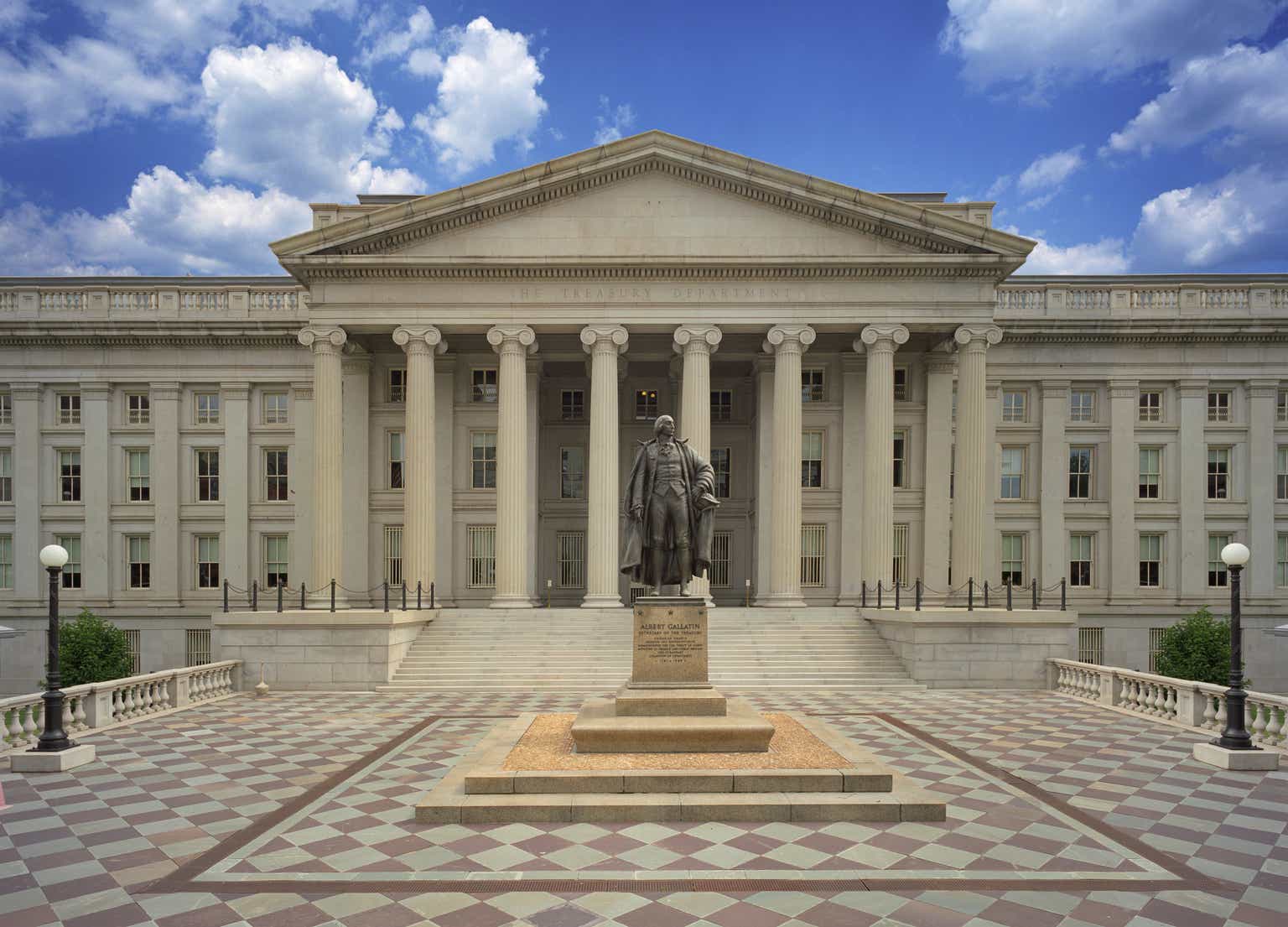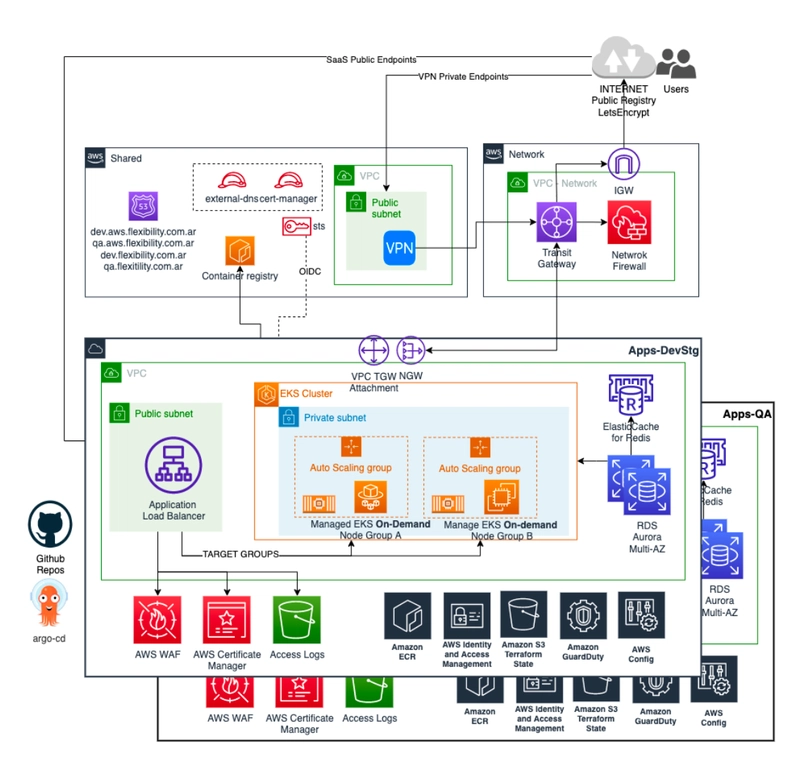Mexico’s corn policy risks North America’s economic ties
President Sheinbaum’s handling of this issue will define her legacy and Mexico’s role in the region.

Corn isn’t just a crop — it is a cornerstone of U.S.-Mexico trade and North American economic integration. But recent actions by Mexico are putting this relationship to the test, with consequences that could ripple across borders.
Corn is quintessentially Mexican, a staple crop deeply rooted in the country’s cultural and culinary identity. While Mexico is self-sufficient in white corn used for tortillas, its livestock sector relies heavily on imported yellow corn, the majority of which is genetically modified.
Nearly 99 percent of Mexico’s yellow corn imports come from the United States, a trade valued at $5.3 billion in 2023. These imports feed Mexico’s agribusiness and sustain affordable meat, eggs, and dairy for its families.
On the flip side, Mexico is a lifeline for U.S. farmers in Iowa, Illinois, Nebraska and Missouri. The country accounts for more than 40 percent of U.S. yellow corn exports, supporting over 130,000 U.S. jobs. Last year, Mexico overtook China as America’s largest agricultural export market.
Despite this interdependence, Mexico’s policies under former President Andrés Manuel López Obrador and now President Claudia Sheinbaum are jeopardizing this trade. Decrees banning genetically modified corn for human consumption, and a push to phase it out for animal feed, have already led the U.S. and Canada to file a dispute under the United States-Mexico-Canada Agreement.
In December, a USMCA dispute panel ruled that Mexico’s restrictions on genetically modified corn violate market access and food safety rules. The ruling underscored that Mexico’s measures lacked scientific evidence and disrupted trade flows, hurting U.S. and Canadian farmers, and creating uncertainty for exporters.
Now Sheinbaum faces a pivotal choice: either to comply with the ruling or to risk economic and strategic fallout. So far, she has announced her intention to ban the cultivation and human consumption of yellow corn at the constitutional level, a move that would fail to bring Mexico into compliance with the trade agreement.
Mexico’s response to the panel's ruling will shape the trajectory of U.S.-Mexico relations under a second Trump administration.
Noncompliance carries three significant risks. The first is that the Trump administration could retaliate with tariffs targeting $5 billion in Mexican exports, from autos to avocados and tequila. Such tariffs would hammer Mexico’s economy while raising prices for U.S. families. Meanwhile, the restrictions on yellow corn imports could disrupt Mexico’s food supply, inflating prices for staples like chicken, pork and milk — hitting its most vulnerable households the hardest.
Second, noncompliance would weaken Mexico’s position ahead of the critical 2026 review of the USMCA trade agreement. The U.S. could demand concessions on auto trade, labor standards or energy policy. Worse, it risks unraveling 30 years of trade integration that supports 17 million North American jobs.
Importantly, the U.S. has also failed to comply with a key USMCA ruling on automotive rules of origin for more than two years. Washington’s inaction sets a bad precedent, but a doubling down on noncompliance by Mexico would further undermine the agreement’s credibility.
Third, failure to resolve the corn dispute would weaken North America’s ability to present a united economic front against rising global competition, particularly from China and Russia. Without USMCA compliance, the continent risks forfeiting its competitive edge in trade, and investment, and risking regional food security.
President Sheinbaum’s handling of this issue will define her legacy and Mexico’s role in the region. Her administration must recognize that protecting economic integration is as critical as preserving Mexico’s cultural heritage.
The path forward is clear. Mexico should repeal its 2020 and 2023 decrees to restore compliance with the agreement and drop the proposed ban on genetically modified corn to avoid escalating trade tensions. It should then partner with U.S. counterparts to explore sustainable agriculture and technological innovation in order to rebuild trust.
As the Mexican saying goes, "sin maíz no hay país" — without corn, there is no country. But without economic integration, there is no prosperity. Mexico and the U.S. must safeguard the hard-won gains of North American trade for the benefit of all.
Diego Marroquín Bitar is the North America scholar at the Woodrow Wilson Center.
What's Your Reaction?



























_Vladimir_Stanisic_Alamy.jpg?#)
























![Kicked Out Of His Seat—Delta Passenger Forced To Move For A Dog [Roundup]](https://viewfromthewing.com/wp-content/uploads/2024/12/delta_dog_in_bulkhead-transformed.jpg?#)































